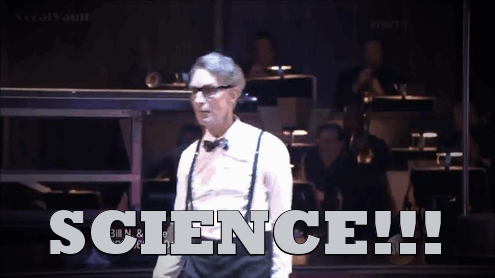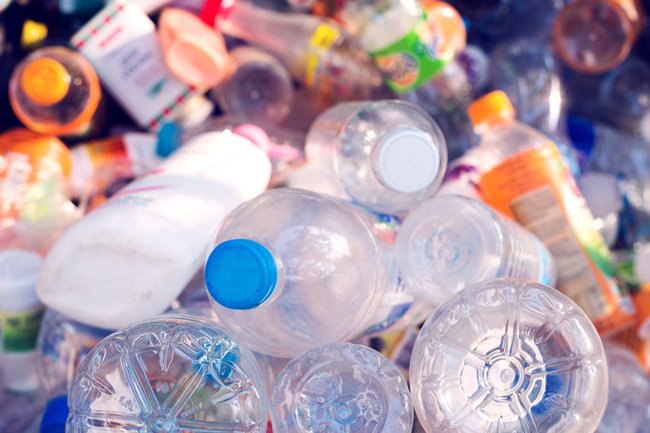There are such things as happy accidents! Scientists from Golden, Colorado, accidentally engineered a plastic-eating enzyme that promises to help rid the world of its biggest pollution problems.
Planet-saving mutants are real. No, not those kinds of mutants from Marvel comics. Rather, mutant enzymes that are helping to rid the planet of its biggest pollution problems: plastic waste.
Researchers from both the University of Portsmouth in England and the U.S. Department of Energy's National Renewable Energy Laboratory in Golden accidentally created a plastic-eating enzyme that, you guessed it, breaks down plastic! YAY SCIENCE!!

Back in 2016, scientists in Japan discovered a bacteria in a waste dump that was capable of eating plastic, specifically polyethylene terephthalate, or PET. But then, more recently, British and American scientists accidentally engineered a mutant enzyme from that original bacteria that's even more powerful at breaking down PETs.
"What actually turned out was we improved the enzyme, which was a bit of a shock," Professor John McGeehan, at the University of Portsmouth, told The Guardian. "It's great and a real finding."
The research team is hoping to speed up the process further -- enzyme takes a few days to break down plastics -- and make it for a larger scale.
McGeehan continued, "What we are hoping to do is use this enzyme to turn this plastic back to its original components, so we can literally recycle it back to plastic. It means we won't need to dig up any more oil and, fundamentally, it should reduce the amount of plastic in the environment."
On average, one million plastic bottles are sold every minute around the world -- it's a number that's predicted to jump 20 percent by 2021. Out of that one million, only 14 percent gets recycled, with the remainder ending up in oceans where it's harmed marine life. "It [plastic] is incredibly resistant to degradation. Some of those images are horrific," said McGeehan. "It is one of these wonder materials that has been made a little bit too well."
You can read the full findings in the journal Proceedings of the National Academy of Sciences.
What do you think? Is this accidental discovery going to change how we dispose of plastic waste? Share your thoughts with us in the comments below.
